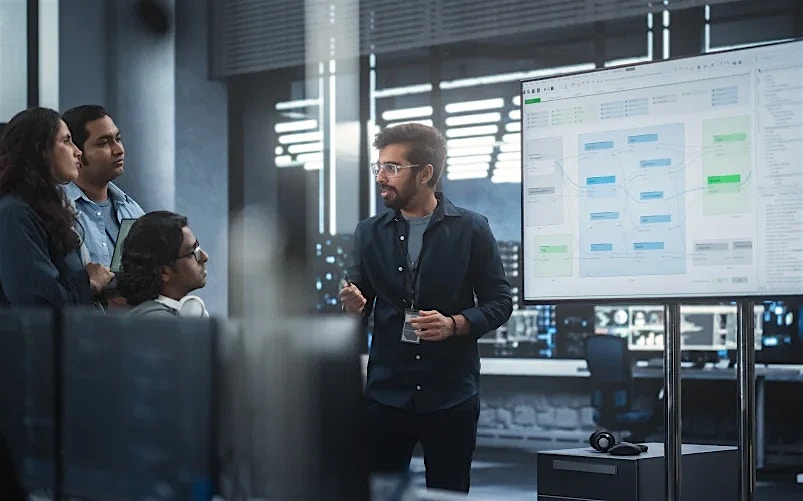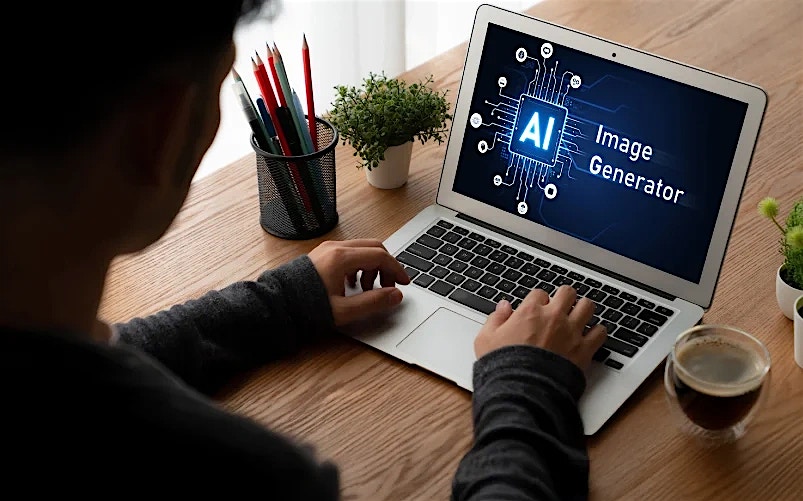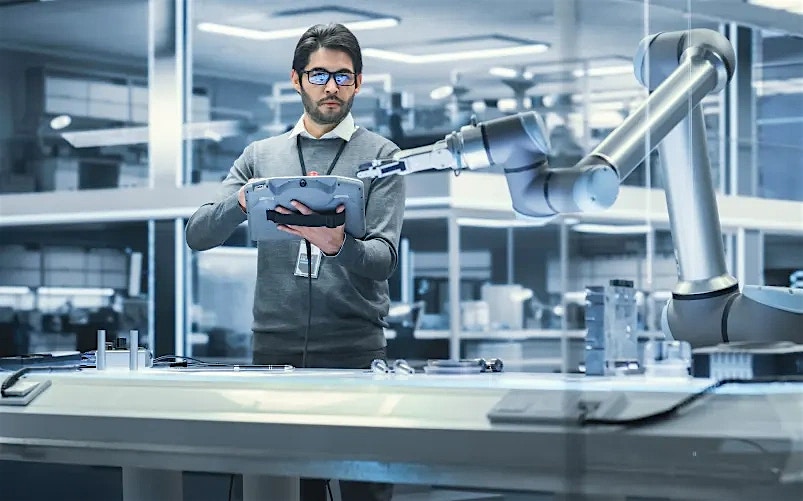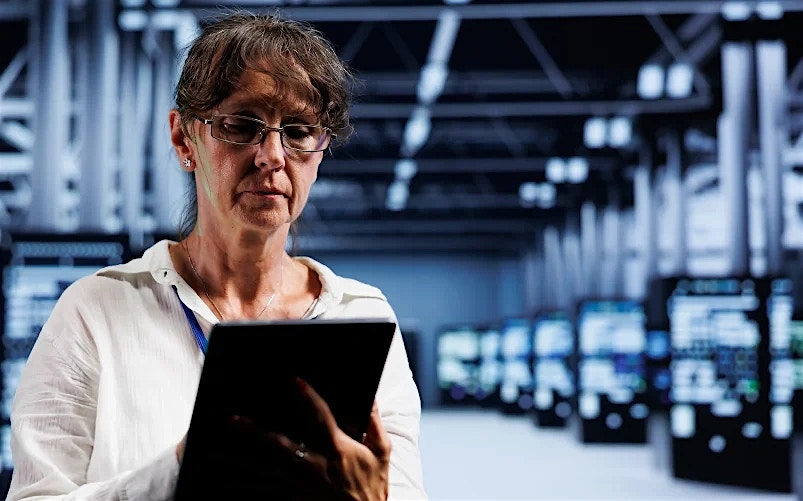The debate over whether AI is a boon or a disruption has long been settled. AI is no longer a distant possibility, it’s already here, reshaping industries at their core. In sectors like telecommunications and high-tech engineering, AI has shifted from being a peripheral support tool to becoming central to business strategy and operations. This isn't just another step forward in technology evolution. It’s a redefinition of how enterprises innovate. Unlike past transformations, such as the transition from 2G to 5G — which primarily focused on speed and scalability — this AI-driven shift is changing the very fabric of how we think, design and deliver value. AI is no longer an optional enabler; it’s fast becoming the operating system of the modern enterprise.
AI: The new operating fabric
Across industries, enterprises are embedding AI deeply into every phase of their engineering and delivery lifecycles. From solution design to deployment, from test automation to use case development, AI is quietly, yet profoundly, shaping outcomes. Organizations are no longer asking, "Where can AI help?"
The conversation has matured into, "How does this solution look when reimagined with AI at its core?"
The future belongs to enterprises that can weave AI seamlessly into their DNA, transforming not just how they deliver value, but how they define it.

Business models are evolving
As AI's influence grows, business models are undergoing a fundamental shift. Enterprises are evaluating new engagements with a lens focused squarely on AI-driven outcomes — whether that’s enhanced productivity, accelerated speed, improved quality or optimized cost structures. Forward-looking technology providers are proactively starting client conversations by identifying potential AI-led efficiencies from day one. Proposal frameworks, project timelines and delivery expectations are being recalibrated to account for AI's transformative capabilities. It’s not about adding AI as an afterthought. It’s about building from the ground up, creating solutions that are AI-native, rather than merely AI-enabled.

Building a future-ready workforce
While technology may spark transformation, it’s people who drive it forward. In the AI era, one of the most significant shifts we're witnessing is the redefinition of workforce readiness. Across industries, organizations are rapidly expanding AI up-skilling programs, building both foundational and advanced competencies at unprecedented speed and scale. What once took months to accomplish is now happening in weeks, with some graduates contributing meaningfully to projects even before they step into full-time roles.
The expectations of talent have evolved. It’s no longer enough to simply write code or understand systems. Today’s engineers are expected to think entrepreneurially: to experiment, integrate AI tools intelligently and deliver tangible, business-driven outcomes. Organizations leading the way are embedding this mindset into every stage of their talent strategy — from hiring and onboarding to ongoing development — ensuring their people are not just ready to work with AI, but ready to thrive in an AI-first world.

India’s unique AI opportunity
India stands at a pivotal moment in the global AI landscape. With its large, diverse and digitally connected population, the country offers a unique ecosystem for AI innovation. India’s rich tapestry of languages, user behaviors and data sets, presents unparalleled opportunities to create localized, contextually relevant AI solutions. However, to truly capitalize on this, there’s a growing realization that India must evolve from being a consumer of global technologies to a creator of foundational AI infrastructure. The development of indigenous language models, domain-specific AI frameworks and scalable platforms tailored to India's needs is gaining momentum. Achieving sustainable impact, however, will require a collaborative approach, bringing together enterprises, startups, academia and public institutions to co-create the next wave of AI innovation.

The power of ecosystems
Innovation doesn't happen in isolation. The rapid advances in AI adoption are being accelerated by vibrant ecosystems, where technology providers, cloud platforms, startups and research institutions work collaboratively. Strategic partnerships are playing a pivotal role in maturing enterprise AI capabilities. Organizations that actively engage with leading cloud and AI infrastructure providers aren’t just keeping up with the pace of change, they’re setting it. In these ecosystems, trust and success are built on adaptability. Teams that embrace experimentation, accelerate learning cycles and execute with agility, are becoming the preferred partners for businesses looking to stay ahead.

Leading through change
AI is no longer a future possibility, it’s an immediate reality that is redefining how businesses compete, how people work and how societies function. The true opportunity today lies not in viewing AI as a destination, but as an evolving journey — one that transforms every aspect of our professional and personal lives. Organizations that embed AI deeply into their core and align it with a human-centric approach are not only moving faster but are moving forward with greater clarity and purpose.
Leadership in this new era doesn’t always come through loud proclamations. Often, it’s the organizations that lead quietly, through consistent innovation, measurable impact and purposeful ecosystem play, that are shaping the future. At HCLTech, we believe that embracing the AI-first world requires courage, vision and above all, action. The future isn’t waiting and neither are we.


